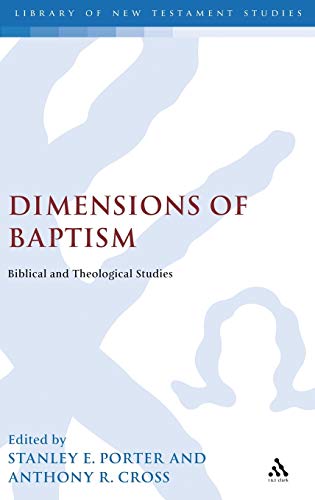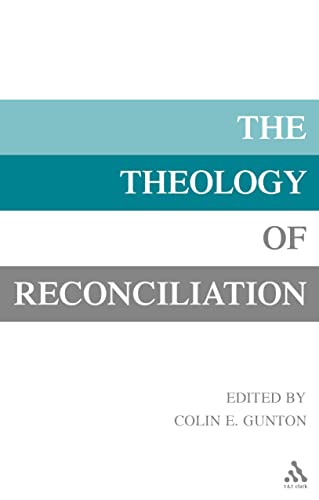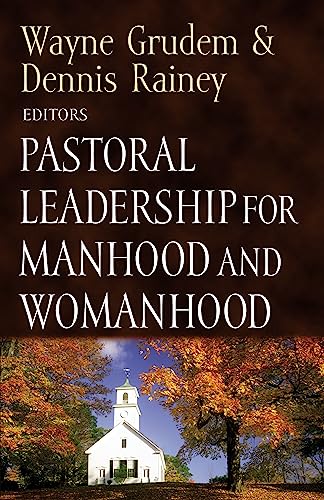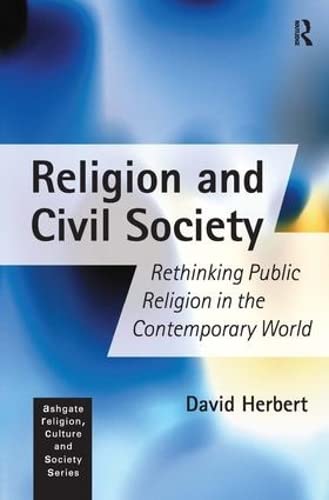This Justification Reader is the first in a series published by Eerdmans of Classic Christian Readers: the only other volume announced as forthcoming is (rather ironically) to be titled The Good Works Reader! The present volume is heavily dependent upon the material collected in the Ancient Christian Commentary on Scripture series, also edited by Oden. The book is not a reader in the sense of many works under that name; the usual length of extracts is about 3–4 lines, and these quotations are connected at times through Oden’s glosses; there are also some sections which are essentially Oden’s own exposition. The book is divided into three short parts, on ‘Justification’, ‘By grace alone’, and ‘By faith alone’, respectively, and there are many sections and sub-sections.
This Reader is aimed at a general Christian readership, and is written (with marvellous clarity) at an appropriately accessible level. Oden has several closely related aims. He hopes not only to overcome the still prevalent Protestant ignorance of the Fathers, but also to correct a certain view among Protestant scholars that the Patristic writers had a deficient understanding of justification (20). The central plank in the argument is to show that the Fathers had a well worked out and frequently discussed understanding of justification, and that there was a consensus on the central points of the doctrine of justification in the first five centuries of the church. He hopes at the same time to show that the doctrine of justification is not just the preserve of Protestants, but actually belongs to Roman Catholic, Orthodox, and Reformed alike. That is not to say that Oden produces at the outset a clearly-defined Protestant doctrine of justification and then proceeds to show that the Fathers held the same view. Rather, he proceeds inductively in an attempt to show what the ‘consensus-bearing’ witnesses of the early church held on the question. Thereafter he argues that the doctrine in its Reformation form is essentially the same in all central points.
Oden’s aim is not to show that the Fathers had already worked out all the contours of the doctrine of justification to the extent that the Reformers did; he clarifies his position that the early church did however anticipate the Reformation doctrine in all its central emphases (49–50). What may well leave many contemporary Protestants dissatisfied here is that the Patristic treatment omits several central dimensions of justification: that faith unites the believer to Christ and that this union is thereby the means of the imputation of Christ’s righteousness. This is not found in Oden’s presentation (except in one reference on p. 92 to Clement of Alexandria, which does not appear to support the argument). It will also be objected by some that the sections of quotation are very brief. But a smaller number of long quotations would not make Oden’s point so well.
Oden’s work is certainly heart-warming to read, and takes itself with the seriousness that the subject matter merits. He makes it very clear throughout that his goal is to avoid novelty at all costs. Only then will the reader be blessed in the understanding of the doctrine. He issues a plea to Christians (not least Evangelicals) not to be swept along by theological fads (18–19). Oden also warns the reader to bear in mind the fact that martyrs have died for this doctrine (3). This is the kind of preliminary setting that should categorise theological literature more than it usually does.
Overall, the book is a refreshing read, and a convincing argument. The only nagging doubt which remained was that in some cases the Patristic and Reformation statements about justification were replete with much of the same biblical (usually Pauline) language, and yet it was sometimes unclear whether the same idea was meant by the key terms in each case. This however was not a widespread problem; in general the book is successful in its aims. As an all-too-patristically-ignorant Protestant, I was convinced again by the need to tackle the Fathers in all their complexity. But this book manages to introduce the patristic understanding of justification in an extremely accessible way.
Simon Gathercole
Simon Gathercole
Cambridge University
Cambridge, England, UK







